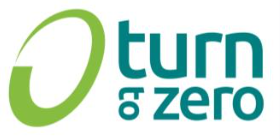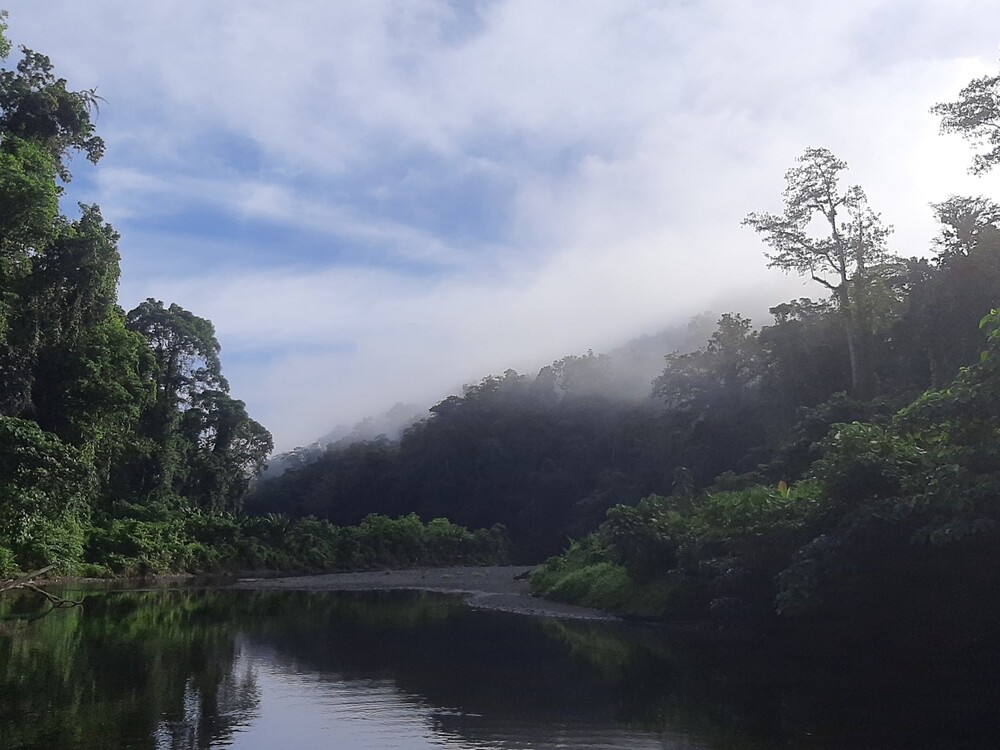Project facts
Project type: Agriculture and forestry
Project location : Babatana Area, South-West Choiseul, Choiseul Province, Solomon Islands
Project standard: Plan Vivo
Annual emission reduction: 16.231 t
Projektstart: January 2015
This carbon offset project avoids deforestation of the pristine rainforest in Solomon Islands and instead promotes alternative income opportunities. The conservation of the rainforest prevents carbon emissions and at the same time promotes Women’s Savings Clubs and protects biodiversity.

